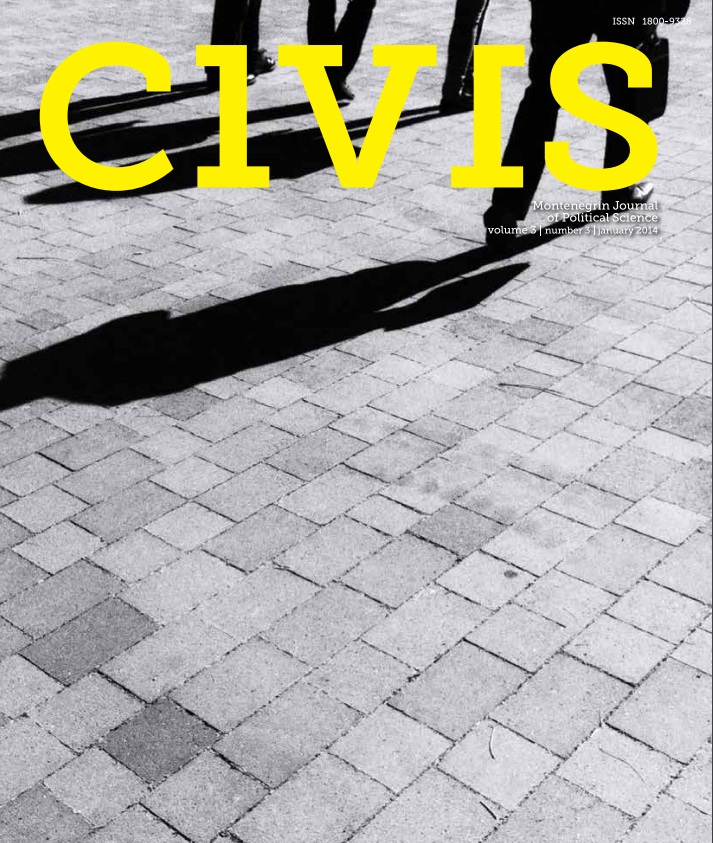Rent-Seeking and Corruption in Tourism as Factors of Induced Development: Case Study of Croatia
Rent-Seeking and Corruption in Tourism as Factors of Induced Development: Case Study of Croatia
Author(s): Sanja HajdinjakSubject(s): Civil Society, Governance, Tourism
Published by: Fakultet političkih nauka - Univerzitet Crne Gore
Keywords: tourism development; corruption and rent-seeking; institutions and civil society
Summary/Abstract: The paper analyses rent-seeking and corruption in tourism induced development in Croatia. Paper is based on the assumption that natural beauties and manmade attractions provide a source of scarcity rent similar to natural resources such as land, oil or precious stones. In addition, I argue that relative tourism dependency on national and regional level provides additional stimuli for rent-seeking by providing incentives for government to introduce tourism supporting mechanisms. Broader political, social and legislative context determines whether scarcity and differential rent seduce business elites towards rent instead of production seeking. The paper brings forward elements of decentralization and spatial planning legislation in Croatia, which help greasing the engine of tourism land use speculation. Finally, the paper analyses civil society engagement and patterns of response to land use speculation. I argue that civil society as well as political culture of the citizens enables a weak balance between productive and grabbing equilibrium (Mehlum et al., 2006) in tourism development. Methodologically, the research is based on the analysis of land use and spatial planning documents, reports on changes in spatial plans, legislation acts, developmental strategies, tourism master programmes, as well as secondary resources such as academic papers with the theme of tourism development. Moreover, research of the tourism land use rent-seeking and corruption was facilitated by seven semi-structured interviews with representatives of civil society, three experts in the field of land use and spatial planning and five interviews with experts in the field of tourism. Interviewees were selected with snowballing technique and all were conducted between 15 August and 30 September 2013.
Journal: CIVIS
- Issue Year: 3/2014
- Issue No: 3
- Page Range: 91-108
- Page Count: 18
- Language: English

